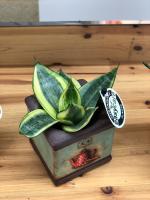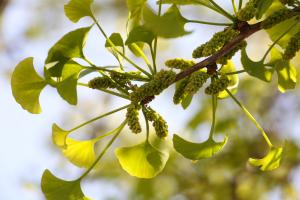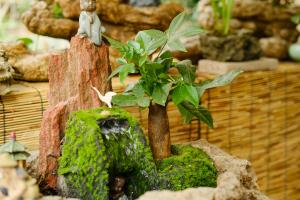Do Ants Hurt My Potted Plants?
Ants are fascinating insects that can be found almost everywhere. They are known for their highly organized colonies and their ability to navigate and communicate with each other. However, when it comes to our potted plants, ants can sometimes be a nuisance. But do they actually harm our plants?
The Role of Ants in Our Garden
Before we can determine if ants are harming our potted plants, it's important to understand their role in our garden. Ants are beneficial insects that help with pollination and soil aeration. They also prey on other insects, such as aphids, that can be damaging to our plants. In addition, their tunnels can improve water and nutrient penetration in the soil.
Are Ants Hurting My Plants?
While ants can provide some benefits to our potted plants, there are instances where they can cause harm. One way is when they create nests in the soil of our potted plants. This can disrupt the roots and cause them to dry out or become waterlogged. In some cases, ants can also bring aphids or mealybugs to our plants, which are pests that can damage and kill them.
What Can I Do to Manage Ants?
If you notice ants in your potted plants, there are some steps you can take to manage them. One option is to use a natural insecticide, such as diatomaceous earth or neem oil, to repel or kill the ants. You can also use cinnamon or coffee grounds to discourage them from nesting in the soil. Another option is to physically remove the ants and any nests in the soil.
It's important to note that if ants are not causing any harm to your plants, it may not be necessary to remove them. It's also important to be mindful of the type of insecticide you use and how it may affect other beneficial insects in your garden.
Conclusion
In conclusion, ants can be beneficial or harmful to our potted plants depending on the situation. While they can provide some benefits, they can also disrupt the roots and bring pests to our plants. If you notice ants in your potted plants, there are steps you can take to manage them without harming your plants or other beneficial insects in your garden.

 how many times do yo...
how many times do yo... how many planted tre...
how many planted tre... how many pine trees ...
how many pine trees ... how many pecan trees...
how many pecan trees... how many plants comp...
how many plants comp... how many plants can ...
how many plants can ... how many plants and ...
how many plants and ... how many pepper plan...
how many pepper plan...































